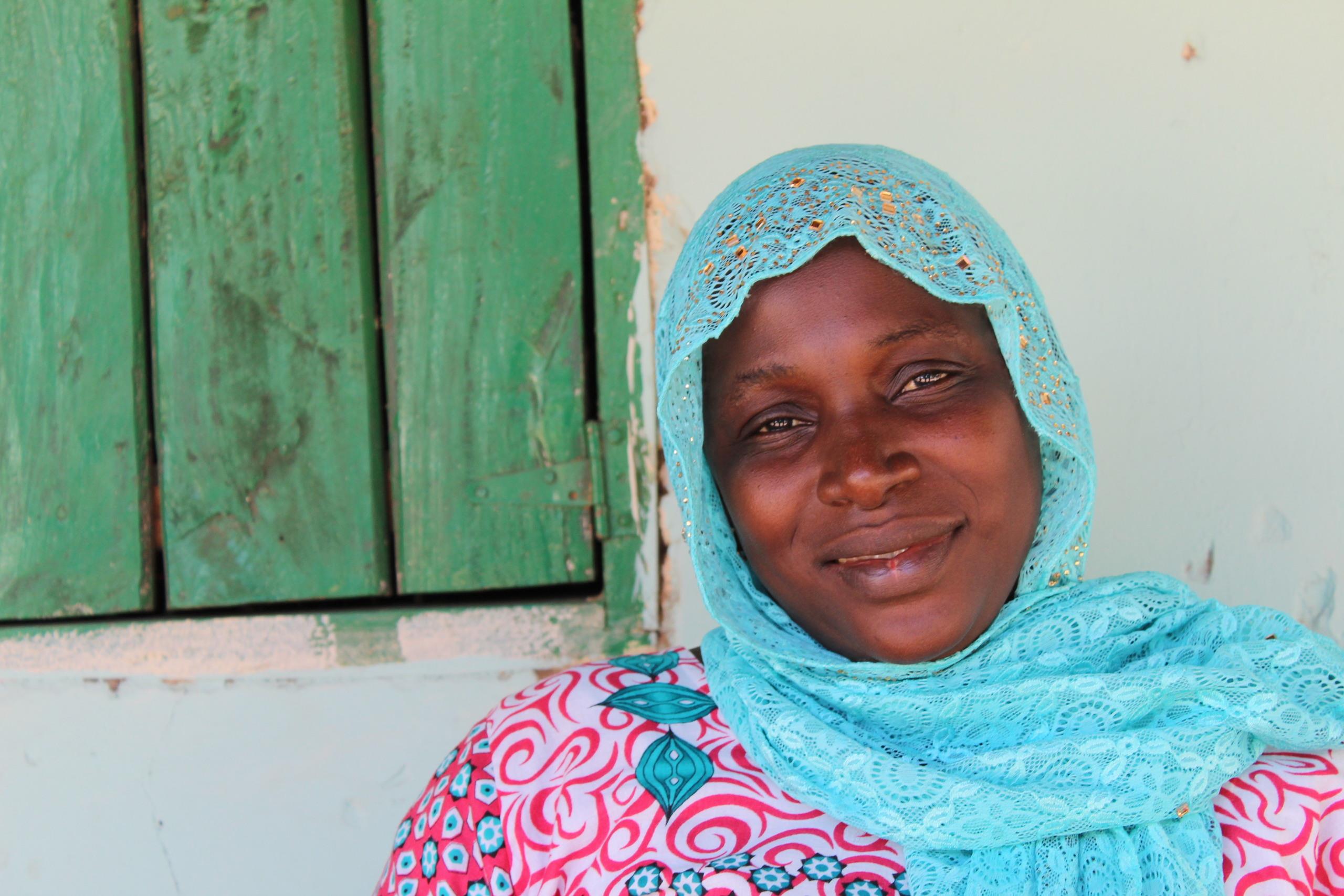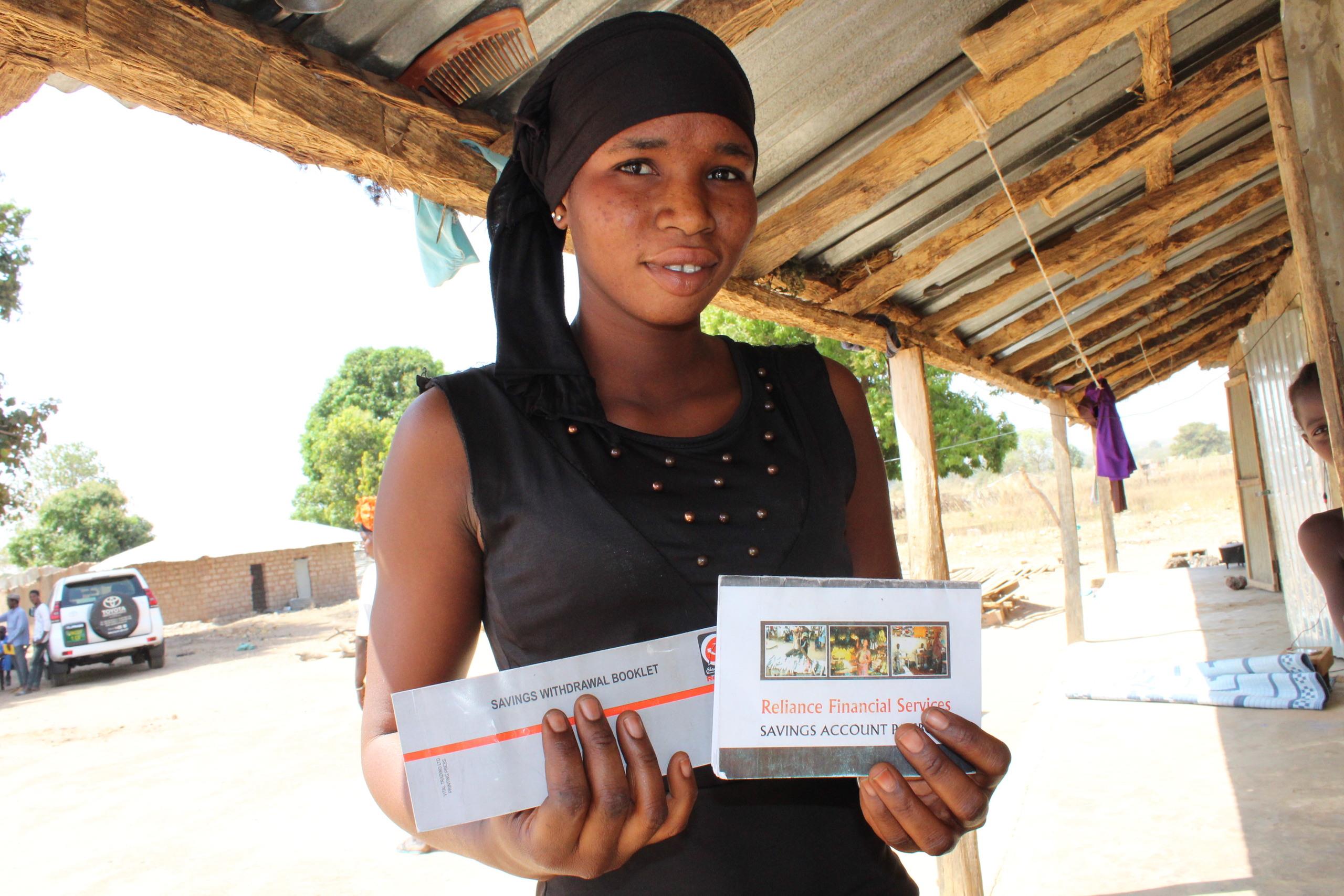Building Skills and Creating Opportunities for Climate Change Resilient Communities
Tags

Metta Sabally is a successful young businesswoman from Wellingaraba village at Bureng Ward selling sandwiches to construction workers and turning a profit of over five USD per day thanks to an innovative programme that unlocks finance for youths and women while making communities more climate change resilient.

Ms Sabally’s small business is possible because of the Jobs, Skills and Finance for Women and Youth in the Gambia, or JSF Programme. Ms Sabally joined the “Cash for Work” component of the JSF Programme, saving her earnings, which she used to set up her business. Now she’s selling sandwiches to others who’ve joined up to "Cash for Work" and has plans to expand her operation.
“Soon, I will have a big shop started,” said the 21 year-old as she sits proudly behind her stall of neatly stacked ingredients and employs her mother to help run the business.
Ms Sabally is just one of many youths and women that have benefited from the JSF Programme, which is funded by the European Union and implemented by UN Capital Development Fund in partnership with the UN’s International Trade Centre. The programme is operated in close coordination with the Government of The Gambia.
The JSF programme provides training and skills development to target groups. It also increases access to essential finance that can allow entrepreneurship, as demonstrated by Ms Sabally, to flourish. In addition, the JSF programme has a strong sustainability component, as it works closely with local communities to identify local needs and build long-term climate resilience though UNCDF’s specially designed LoCAL mechanism.
For example, in Ms Sambally’s hometown of Bureng, some 200km east of the capital Banjul, local authorities identified the need for a small infrastructure project that could reduce land erosion and simultaneously improve access and transport in the area.
A plan to construct a culvert soon took shape and, through the JSF programme, a cash for work initiative was set up. Workers not only secure a temporary wage, they also receive skills development and training, including how to access finance.
UNCDF’s LoCAL mechanism supports local governments and communities in identifying their communities’ needs and invests in projects that build communities’ climate resilience.
The UN’s International Trade Centre (ITC) partnered with UNCDF to improve the employability of young people and women with programmes that offer technical and vocational skills that promote entrepreneurship.
The JSF Programme successfully addresses the policy and market level barriers that hinder financial inclusion, for example, by strengthening the capacity of Financial Services Providers to offer affordable, appropriate and responsible financial services to people who don’t normally have access to financial and banking services.
Nanding Sanneh is the Community Development Advisor in Bureng. She has worked on many projects in the area but believes that the JSF programme is unique.
“JSF brings jobs, skills and finance together - this is what is needed in this impoverished area,” said Ms Sanneh. "We believe our capacity has also increased to make local development more environmentally friendly.”